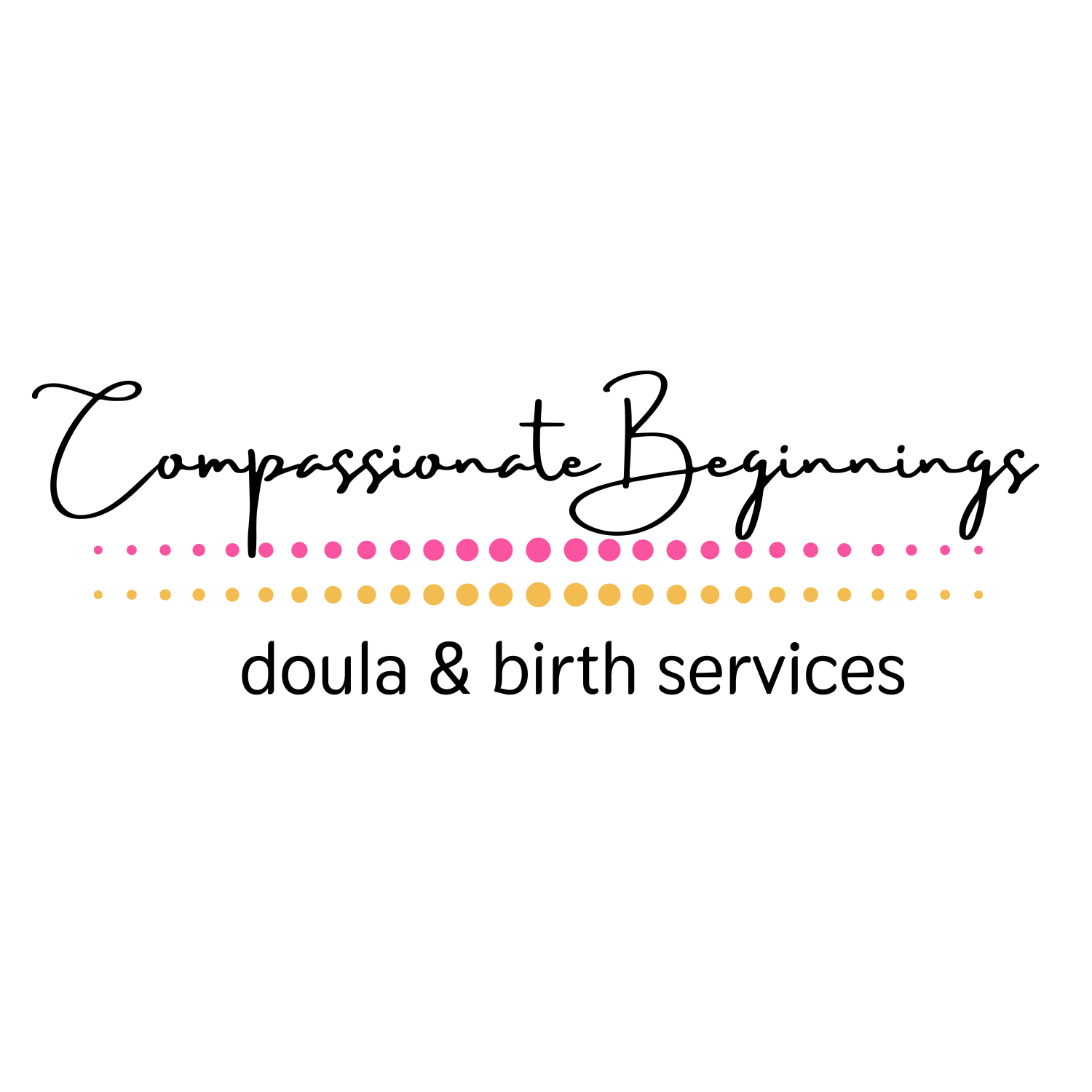Placenta Encapsulation: Are there really any benefits?
Perhaps you’ve heard of “consuming” your placenta after birth as the latest postpartum craze. You may also be intrigued by this or completely turned off - both are valid! While it’s not for everyone, there has been an increase in popularity in the United States and we have had a record number of clients utilizing this service in this recent year. But why? Where does this come from? How can it help during the fourth trimester?
The History and the Process.
The act of consuming the placenta after birth is also known as placentophagy and it is quite normal in the mammalian world. For humans, this practice dates back centuries and is believed to be derived from ancient Chinese medicine. It picked up interest in the United States in the 1970’s with the movement and demand for bringing birth back into the home and under the care of midwives. But don’t worry - your placenta can still be encapsulated if you birth in a hospital (remember - we support it all!).
After your placenta has been retrieved from your birthing location, it is then cleaned, steamed, dehydrated, ground down into powder and filled into gelatin-free capsules. The process from start to finish takes at least 2 days, with the benefits lasting weeks after you bring your baby home. Thought you would be eating it like a steak? Well, though some have found that to be their method of choice, we prepare it as an oral supplement.
What does the research say?
If you know us, you know we LOVE our studies and research! Yet, this is one area of birth work that has the least amount of evidence to support the noted benefits of this practice. Recently, a new look into many of the past studies on placentophagy have been re-reviewed by Jena University in Germany and a beautiful complilation of the findings, starting back in 1917, are available in one comprehensive study. It is important to note that each study basically ends with “further studies are needed,” but we are hopeful that there will be more continuing to be published!
Anecdotal Benefits.
Though there is limited clinical evidence to back up placenta encapsulation, there are many many many mom’s out there that have their first hand encounters to share. So what are the mom’s saying they experienced?
An increase and boost in energy level
An increase in the hormone oxytocin - which aids in returning the uterus to it’s original size, which in turn aides in a decrease in postpartum waste blood, and enhances bonding with baby
An increase in breastmilk production
Helps restore iron levels in the blood
A decrease in Baby Blues, postpartum depression or other PMADs (Perinatal or Postpartum Mood and Anxiety Disorders)
Your thoughts - Yay, nay or meh?
Nourishing yourself physically, mentally and emotionally is incredibly important while healing after birth. With what we know (one way or another), placenta encapsulation can provide relief and/or replenishing to each of these important aspects. So what do you say: Would you consider adding this personal element to your Fourth Trimester?
